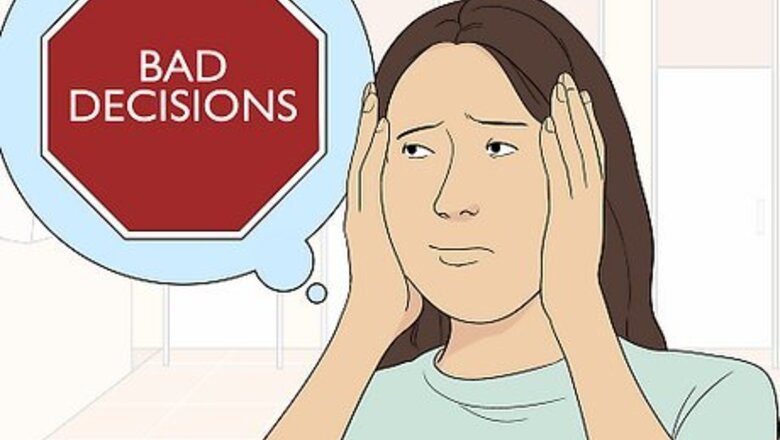
views
- Indecisiveness is often caused by perfectionism or a fear of being perceived as a failure. You may be indecisive if you feel the need to be a people-pleaser.
- You may also be indecisive because you lack confidence in yourself or have a mental health condition like depression, ADHD, or aboulomania.
- Practice making decisions on your own to overcome indecisiveness. Build your self-confidence while working on narrowing your options and weighing the pros and cons.
Reasons You May Be Indecisive
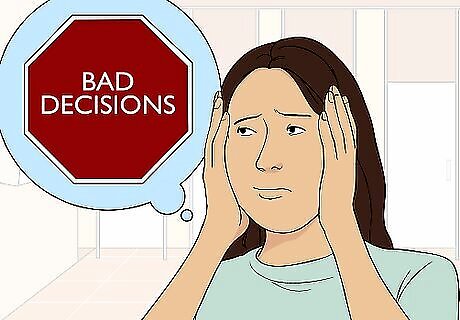
You might be afraid of failure or making “bad” choices. Making decisions, even if you mess up sometimes, can help you learn and grow as a person. However, if you only associate decision-making with making mistakes (or if you were taught that “wrong” decisions make you incapable), you might be indecisive for fear of being perceived as a failure by others. For example, if you were criticized for your decisions as a child, you might shy away from them in the future to avoid that criticism. If you’re afraid of failure, you might feel intense stress and anxiety when faced with decisions. Ultimately, the stress and anxiety can be overwhelming, making it seem safer to simply avoid making any decisions.
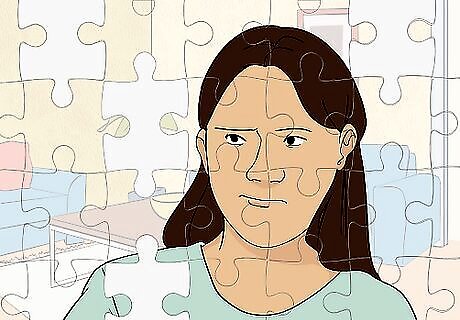
You may be a perfectionist. If you’re a perfectionist, you may think of everything as either “right” or “wrong,” with no middle ground between them—and the idea of being wrong (or of other people thinking you’re wrong) might make decisions difficult. As a result, you might keep on weighing your options, trying to figure out the “correct” choice instead of simply choosing. Perfectionism (and the pressure you might put on yourself to be perfect) can lead to other issues, like anxiety, depression, and burnout. Remember: the urge to be perfect and make only correct choices isn’t something anyone can live up to. Nobody is perfect, and that’s okay!

You might avoid making decisions to please other people. If you’re a people-pleaser, that means you may worry about what other people think of you all the time. Thus, when faced with a decision, you might find yourself torn between making the choice that you want or making the choice that you think will make other people happy.

You might lack confidence in your decision-making skills. Confidence gives you the power to make decisions and feel comfortable with your choices—whereas insecurity can make you second-guess yourself. If you don’t feel confident, you might procrastinate and put off making decisions, even if you know which choice is right for you deep down.

You may not have enough information to make a decision. Even if you feel confident about making a decision, you may simply need more details about the subject before you can make a properly informed decision. So, don’t hesitate to do a bit more research if you’re indecisive because you feel like there’s more to learn. On the other hand, you might be indecisive because you’re overwhelmed by all the details and struggling to focus on what’s important. This can happen when you lose sight of a specific goal—and, in the process, lose track of how you want to reach that goal as well. When you get lost in the details and lose sight of your goals, you may struggle when the time comes to figure out what to do next.
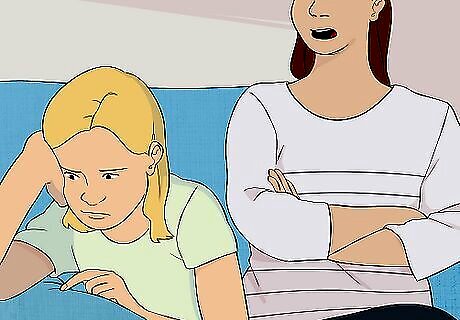
Your parents may have been overbearing. Overbearing or controlling parents tend to make all the decisions for their children—and if that was the case during your childhood, you may not have learned to make your own decisions (and succeed or fail on your own terms). Thus, when you’re faced with decisions, you might be indecisive and rely on others to make those choices.
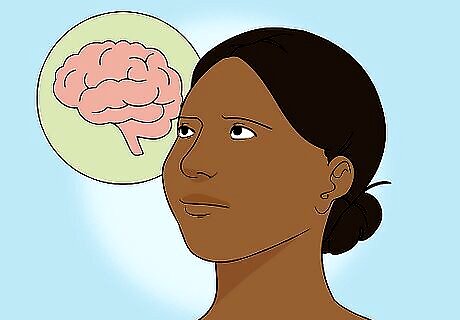
Your indecision might be a symptom of a mental health condition. Indecisiveness may result from major depressive disorder and ADHD (which also causes memory problems and inattention). Similarly, aboulomania is a condition defined by pathological indecisiveness to the point where it can severely affect someone’s daily life. Other conditions that cause indecisiveness include: Anxiety Stress Dependent personality disorder Childhood trauma Alzheimer’s disease If you think you may have a mental health condition, always speak to a doctor and seek an official diagnosis (as well as treatment).
How to Be More Decisive
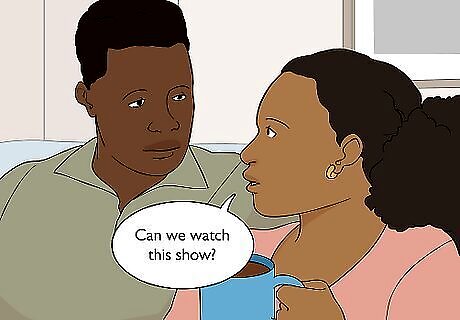
Practice making your own decisions. Asking for a bunch of other opinions may end up making a decision feel even more complicated and confusing—so let yourself handle it alone. Start with smaller decisions (like what to have for dinner or watch on the TV) and go from there. The more comfortable it feels, the easier it’ll be to make decisions every day. Remember that nobody else can say what’s right for you. It’s your call—which is why you should be the one to decide your own goals in life.
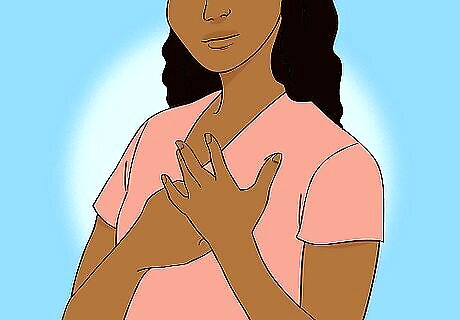
Build up your sense of self-confidence. Developing confidence in your decision-making skills is all about trusting your intuition. Make a choice, and then resolve to stick to it instead of second-guessing yourself. If you start to feel doubts creeping in, try to ease them by reminding yourself that you’re capable of making sound decisions for yourself!

Research your options for a limited amount of time. If you’re indecisive, you might spend more time than necessary researching options to avoid making the decision. So, set limits on yourself and try researching in smaller increments. When you realize you’re not learning any more useful information, cut yourself off and resolve to make the decision while trusting your instincts. You’re the best judge of how much research is too much and how much is enough. Try figuring out exactly what you need to know to make the decision. What information is relevant? What’s unnecessary? If you catch yourself procrastinating with information that doesn’t affect your decision, that’s your cue to stop and make a choice.
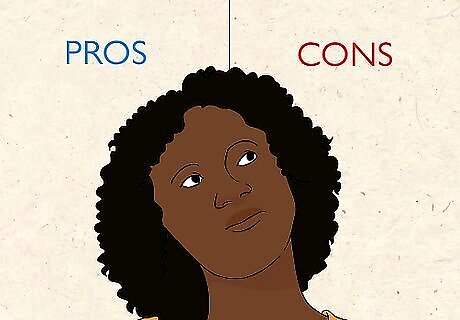
Narrow down your options and weigh the pros and cons. Instead of mulling over a thousand different options, quickly and decisively narrow them down to three at most. Then, once you’re down to three options, evaluate them. A pro-con list can help with this; grab some paper and write down the pros and cons of each choice so you have a visual guide to help you pick one. Pro-con lists can be helpful—but if you make one and still feel conflicted, consider which pros are most valuable (and which cons are most significant). For example, one option might have a shorter pros list, but each pro is more important to you than any of the ones on the longer list. In that case, the ideal choice would likely be the option with the shorter (but more valuable) pros list.
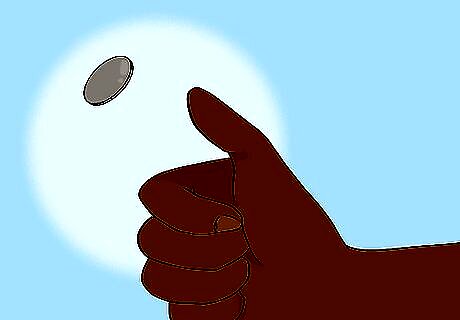
Flip a coin to make simple, insignificant decisions. Obviously, big decisions (like where to go to college or whether to move in with someone) shouldn’t come down to a coin flip. But if you’re frustrated by how long it’s taking to pick a restaurant for lunch or a movie to see, a coin flip can help you arrive at a quick, easy decision. Plus, flipping a coin may help you figure out what you really want. For example, if you flip a coin between restaurants and don’t feel excited about the one you land on, you might’ve preferred the other choice all along without realizing it!

Talk to someone you trust. While consulting a lot of different people can make decisions harder, sharing your thoughts with a single, trusted confidante can help. They can weigh in or simply be a sounding board; speaking your mind out loud (without even asking for another opinion) may help you clear your mind and work through any confusion and internal conflict.

Celebrate your decisions. Every time you make a decision for yourself, treat it as a victory! Congratulate yourself and recognize your ability to make those decisions, even when it feels tough. Don’t think about what might have happened if you chose something else; keep going and eliminate your self-doubt with kind affirmations. For example, you might tell yourself, “I made a smart choice, and I feel good about that,” or “I’m getting better at making choices, and I’m proud of myself!”
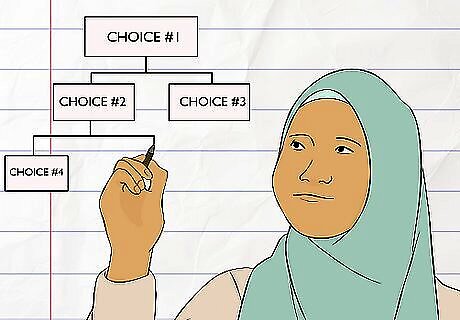
Remind yourself that most decisions don’t have a “wrong” answer. If you’re indecisive, you may feel like you have to make a perfect choice every time—and that if a choice doesn’t feel perfect, it’s wrong. However, remember that for every decision you make, there are always new ones around the corner. Nothing is set in stone, so don’t be afraid to make mistakes! In short, remember that not everything is within your control. All you can do is make a choice that feels right to you and keep moving forward.

Consider talking to a mental health professional. If it turns out that your indecisiveness is caused by a condition like depression, ADHD, or aboulomania, a mental health professional can help you get better at making decisions. In particular, cognitive behavioral therapy (CBT) is designed to help you change the way you think and develop healthier patterns. For example, one common CBT strategy involves journaling about your decisions and describing what happened before and after. Documenting your decisions can help you see that life goes on, even after making a mistake or grappling with a tough choice.
What is chronic indecisiveness?
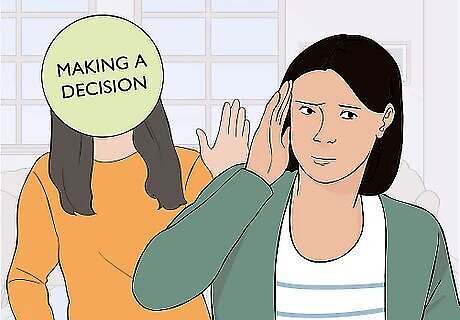
Chronic indecisiveness is simply the habit of avoiding decisions. You may notice it when dealing with choices that don’t really matter (like which brand to buy at the grocery store) as well as major choices (like whether to marry someone or move somewhere else). Essentially, it involves continually avoiding decisions, both big and small, and feeling paralyzed by indecisiveness. Other symptoms include: Procrastination. You may know you need to make a choice but keep delaying because you feel unable to do it. Active evasion. You might be so stressed at the thought of making a decision that you pretend there isn’t one and there’s nothing to worry about. Convenient forgetting. You might “forget” that a decision needs to be made until someone else goes ahead and makes it to avoid doing it yourself. Chronic indecisiveness is common in perfectionists, procrastinators, and people with OCD. It’s a behavioral issue, but it can be overcome!
















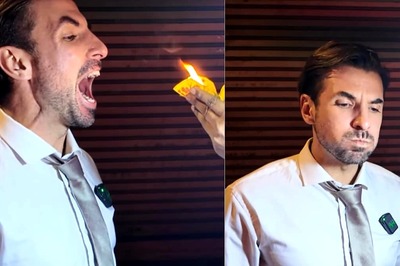



Comments
0 comment